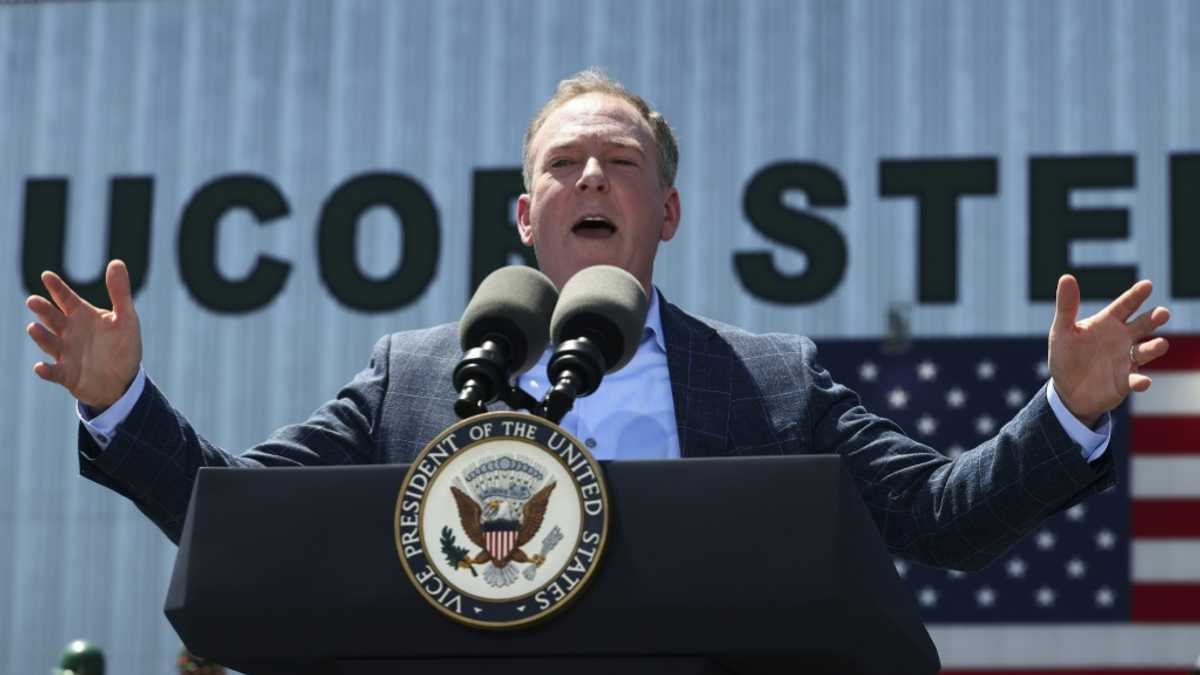
Environmental Concerns Rise as EPA Employees Voice Dissent
Environmental Protection Agency (EPA) employees and former officials have raised serious concerns about the current administration's approach to environmental policy. In a recent letter of dissent, hundreds of EPA workers accused the government of ignoring scientific consensus in favor of polluters' interests. The letter highlighted how the administration's policies are not only harmful to the environment but also pose risks to public health.
The letter, signed by over 200 current and former officials, criticized EPA Administrator Lee Zeldin for implementing policies that threaten both human well-being and ecological balance. It stated that the decisions made by the administration often contradict peer-reviewed research and recommendations from agency experts. This has led to accusations that the administration is endangering public health and undermining scientific progress globally.
Under Zeldin's leadership, the EPA has focused on fulfilling Trump's campaign promises, which include reducing environmental regulations, increasing fossil fuel production, and decreasing funding for clean energy initiatives. These actions have sparked significant concern among employees who believe that the agency's core mission is being compromised.
The letter outlines five major areas of concern. First, it points to the increasing politicization of the EPA. Second, it highlights the reversal of programs designed to support marginalized communities. Third, it mentions the dismantling of the Office of Research and Development, which plays a crucial role in environmental science. Fourth, it criticizes the use of communications to promote misinformation and partisan rhetoric. Lastly, it emphasizes the distraction caused by such messaging, which diverts attention from the EPA’s primary responsibility: protecting human health and the environment through science-based policies.
An example cited in the letter includes official communications that equate "climate science to a religion." This comparison has been widely criticized as misleading and unscientific. Zeldin, however, maintains that his role at the EPA is to support economic growth. Under his guidance, the agency has taken steps to reverse several environmental standards and greenhouse gas regulations.
In March, Zeldin announced a set of policy initiatives, calling it "the greatest day of deregulation our nation has seen." He claimed that these changes would lower the cost of living for American families, boost energy production, and bring auto jobs back to the U.S. His statements reflect a strong emphasis on economic interests over environmental protection.
This latest letter comes shortly after a similar document was signed by employees of the National Institutes of Health, expressing concerns over the Trump administration's policies. The EPA letter included more than 170 anonymous signers, with the text stating that the administration had fostered a "culture of fear" within the agency.
The growing discontent among EPA staff underscores a broader debate about the role of science in policymaking. Many believe that environmental protection should be guided by objective research rather than political agendas. As the agency faces increasing pressure from both within and outside its ranks, the question remains whether it can maintain its commitment to science and public health in the face of political influence.
Post a Comment